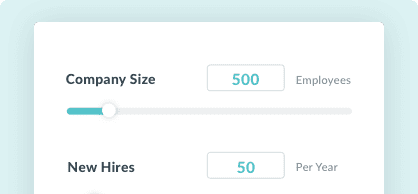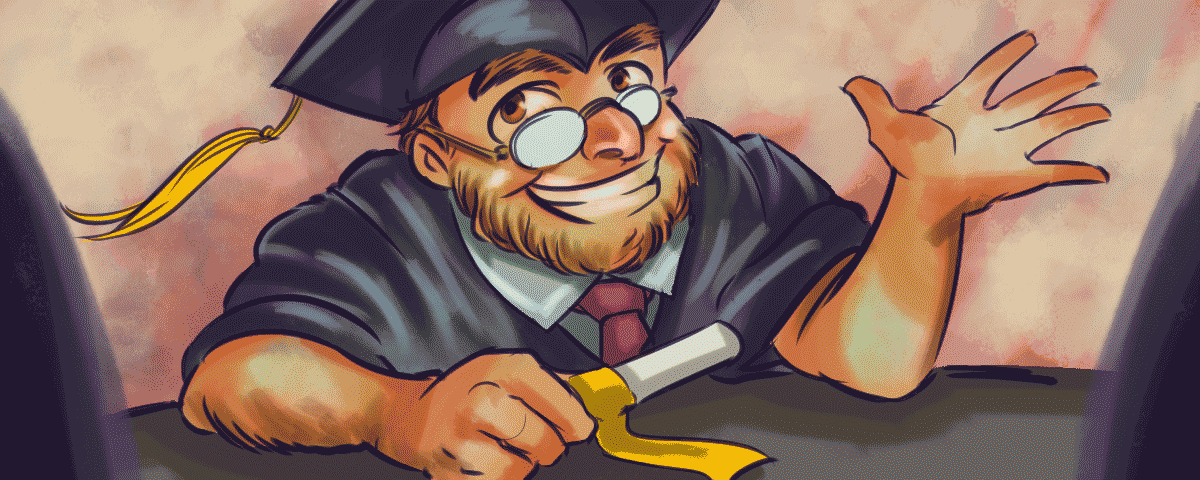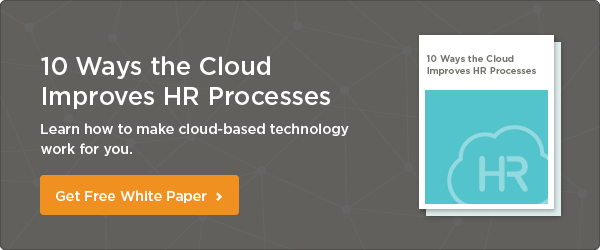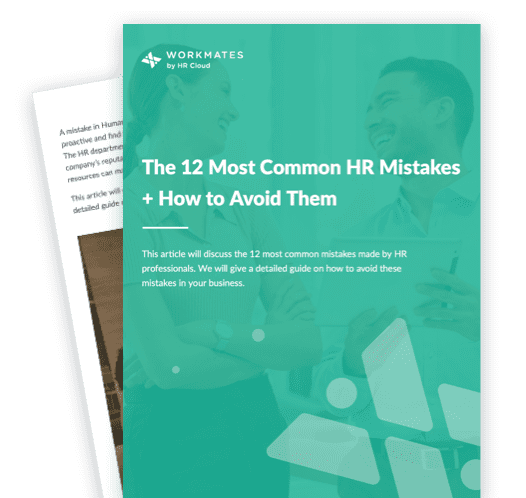Let Us Help You Engage Your Employees!
Onboard New Hires Safely, Efficiently, and Effectively.
Are You Interested in Improving Your HR Organization?
A LinkedIn article posed a question on the relevance of business and finance degrees to the HR profession. Are these types of degrees necessary to further a career or help you gain credibility in the boardroom?
If you’re looking to enter the HR profession or have desires to climb the HR career ladder, the consensus is that a degree focused on business, finance or economics is going to be a huge benefit to you.
Choosing the Program
If you are considering a degree program (undergrad or graduate studies), look for a hybrid program that emphasizes business and finance and is heavy on writing. A mix of organizational behavior and business will give you the depth and breadth that you’re looking for. It will help differentiate you from those who are competing for the same job or even those on your current HR team that might be looking to get that HR director promotion next year. The knowledge you gain will help you to understand financial terms, navigate conversations about data and ROI, and help you advise the CFO on the best investments to streamline HR processes.
Strengthen Your Skill Set
Work towards a graduate certificate that includes a business focus or go for an MBA. Even with student loan debt on the rise and the risk that your investment may not pay off, it’s still a wise idea to further your education. Don’t miss an opportunity to increase your value and marketability.
According to a recent USA Today article, “Student loan debt has slowed the progress of thousands of millennials who are trying to get a foothold in the job market and start saving for retirement…still, higher education matters. Pew found millennials with only a high school diploma earned a median annual pay of $28,000, compared with $45,500 for those with a bachelor's degree. And according to Forbes, graduates of top business schools earn about 50 percent more after getting their MBA.”
HR is Evolving
HR is required to play a role in shaping and leading organizational strategy. Without business acumen, not only will the value that HR provides decline and fizzle out, but those who are unable to adapt and progress will be left out in the cold…or at least left out of the strategy sessions that drive growth and revenue.
According to a deloittereview.com article, “The next several years will likely bring the imperative for transformational change to the role of the CHRO. But, just like some CFOs of times past, not all incumbent HR executives are likely to make the change. Many are primarily focused on the plethora of concerns—operational, regulatory and tactical—that can so easily consume their capacity and result in gaps between strategic demands for talent and the CHRO’s ability to deliver.”
If you want to be an HR director or even a CHRO one day, it’s necessary to change. Many companies no longer promote from within to senior level HR positions, because many employees are not making the efforts to adapt to the changing business environment.
The choice is clear. To be relevant, an HR professional must continue to pursue educational goals that have a clear business focus. A full degree program might not be the personal answer for you; however, a continued path of learning, either through mentorship, certificate programs or professional association courses, is going to be key in helping you to stay current and credible as you help lead your organization through the years ahead. Considering the evolving landscape of human resources and the increasing emphasis on employee well-being, a master's in social work degree can offer HR professionals valuable insights and skills, enhancing their ability to address complex human dynamics within the workplace while contributing to organizational success.
Keep Reading
Workforce Management through Tech-Based Tools: Streamlining Construction and Roofing Operations
As industries evolve, adopting innovative approaches to workforce management is essential
Skills vs Abilities in the Workplace
Modern-day workplaces are facing many challenges that were not foreseeable a few years







